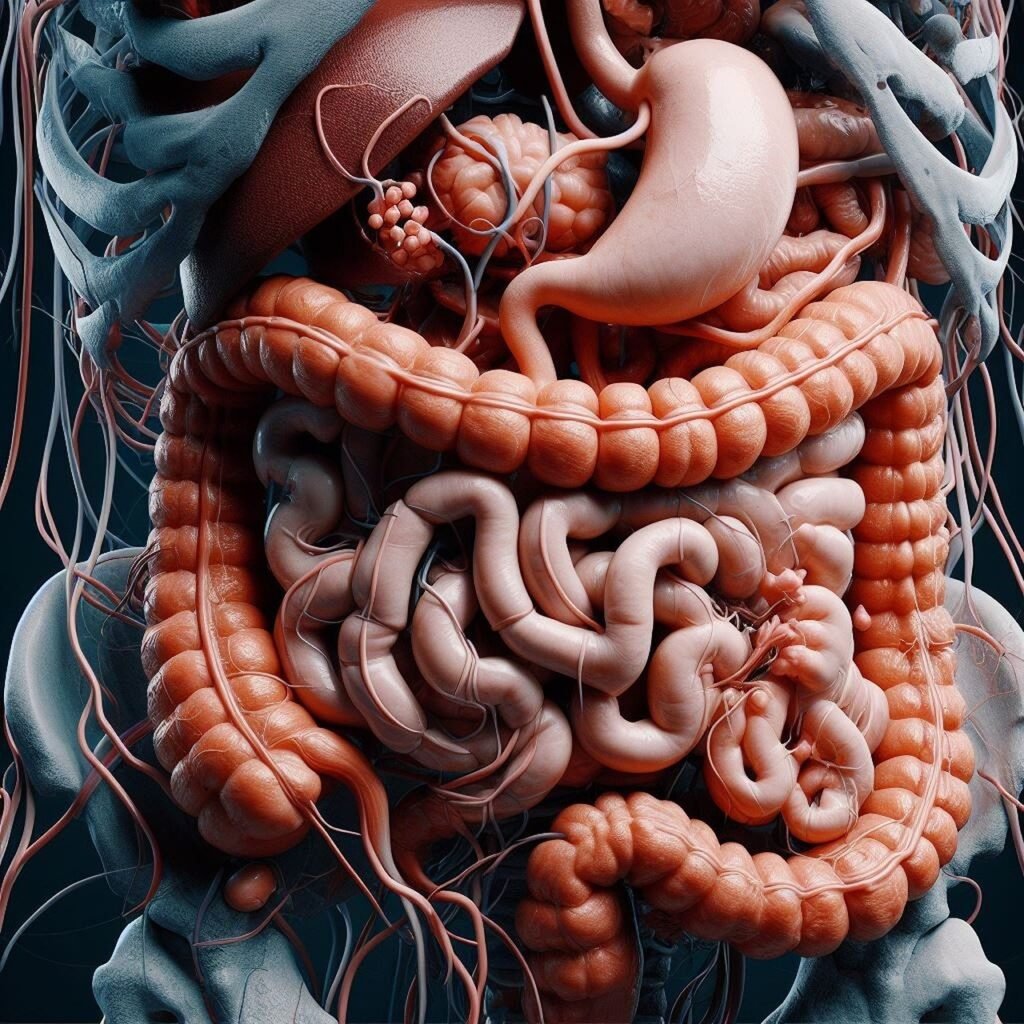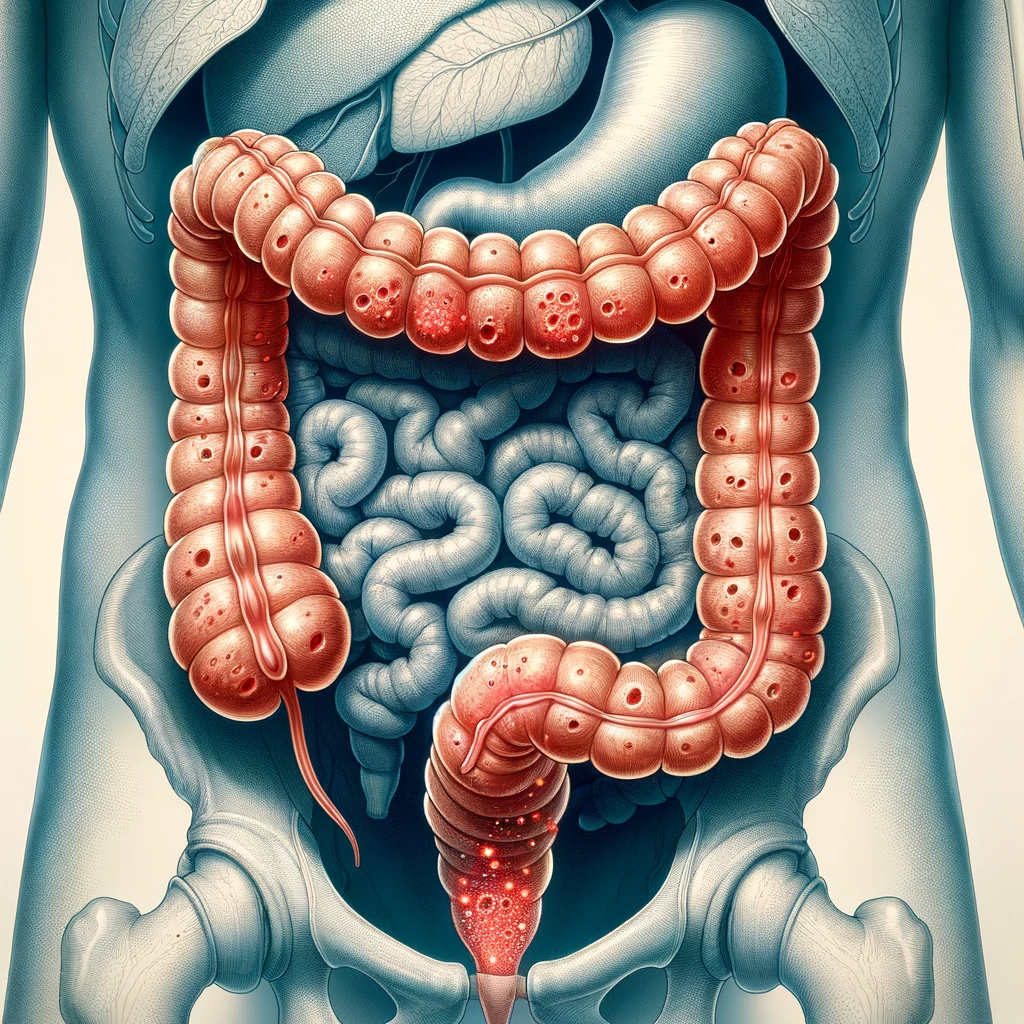The gut is often referred to as the body’s “second brain,” playing a crucial role in our overall health. An increasing number of health professionals are recognizing the importance of gut health and how it can be improved through diet. In this blog post, we’ll explore the concept of healing the gut with food, offering practical advice and tips to help you on your journey to better health.
Understanding Gut Health
Before diving into how to heal the gut with food, it’s important to understand what gut health entails. A healthy gut contains a balanced mix of microorganisms, which aid in digestion, support the immune system, and contribute to our overall well-being. When this balance is disrupted, it can lead to various health issues, including digestive disorders, weakened immunity, and even mood fluctuations.
The Foundation of Healing the Gut with Food
The key to healing the gut lies in nurturing and restoring this balance. This can be achieved through a diet rich in diverse, nutrient-dense foods that support gut health.
1. Incorporate Probiotic-Rich Foods
Probiotics are live bacteria that are beneficial for gut health. Foods rich in probiotics include:
- Yogurt
- Kefir
- Sauerkraut
- Kimchi
- Miso
- Tempeh
These foods help replenish the good bacteria in the gut, aiding in digestion and the absorption of nutrients.
2. Focus on Prebiotic Foods
Prebiotics are dietary fibers that feed the good bacteria in the gut. Foods high in prebiotics include:
- Garlic
- Onions
- Leeks
- Asparagus
- Bananas
- Oats
- Apples
By incorporating these into your diet, you can help the beneficial bacteria flourish.
3. Eat a Variety of Fruits and Vegetables
Fruits and vegetables are rich in fiber, vitamins, and minerals, all of which are essential for a healthy gut. Aim for a variety of colors to ensure a wide range of nutrients.
4. Choose Whole Grains
Whole grains provide essential nutrients and fiber, which are crucial for gut health. Options like brown rice, quinoa, and whole wheat support a healthy digestive system.
5. Include Healthy Fats
Healthy fats, such as those found in avocados, olive oil, and fatty fish, can help reduce inflammation in the gut and improve its function.
Foods to Avoid
While focusing on what to eat is important, it’s also crucial to know what foods can harm gut health. Processed foods, high-sugar diets, and excessive alcohol can disrupt the gut microbiome and should be consumed in moderation or avoided.
The Role of Hydration
In addition to diet, staying well-hydrated is essential for gut health. Water aids in digestion and helps maintain the lining of the intestines.
Conclusion
Healing the gut with food is a powerful approach to improving your overall health. By focusing on a diet rich in probiotics, prebiotics, diverse fruits and vegetables, whole grains, and healthy fats, you can nurture your gut and enhance your well-being. Remember, making changes to your diet should be a gradual process, and it’s always a good idea to consult with a healthcare professional, especially if you have existing health concerns. Here’s to your gut health journey!


